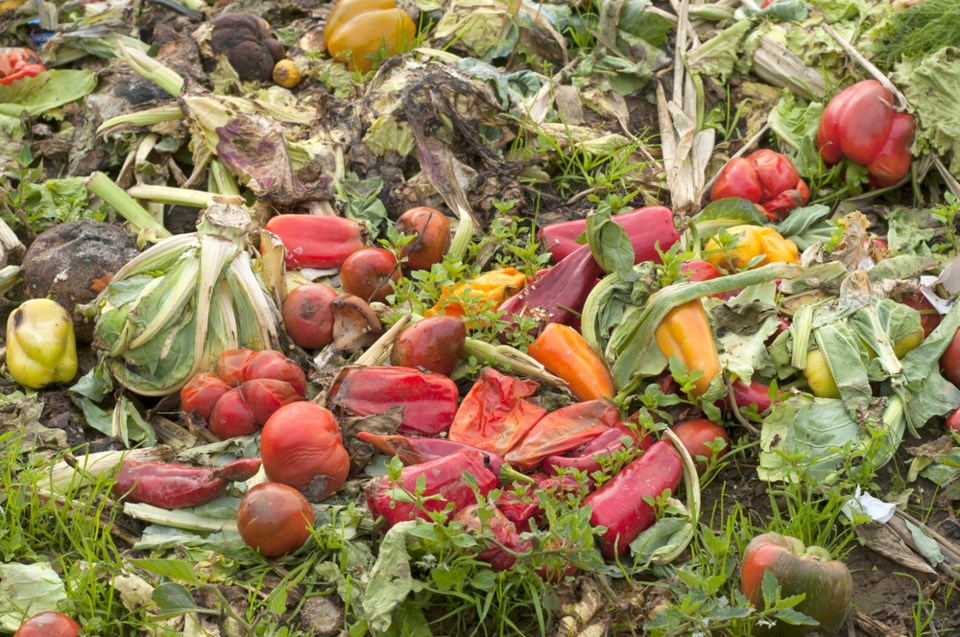An internationally-celebrated pilot program in Guelph and Wellington County, which helps divert food waste from landfills, needs more businesses to take up the challenge so it can take the next step in its evolution.
Launched in November 2021, the Guelph-Wellington’s Commercial Food Waste Diversion Collective has taken big strides toward getting the local industrial, commercial and institutional sectors to be food conscious.
The program – led by the Circular Innovation Council – has diverted 400 tonnes of surplus food and organic waste destined for the landfill, and recovered over $214,000 in surplus edible food since launching.
This food has been converted into 62,000 meals for the food insecure in the last two years.
The organic waste gets converted into compost for gardens and farms.
“We’re really excited that just 65 businesses that we’ve worked with can have such a high impact in terms of diverting their food waste, as well as donating surplus edible food,” said Katie Motta, project manager of the collective.
“It exceeded our expectations from that perspective.”
But more importantly, she said she’s pleased the pilot is making information on food waste still out there available, adding it’ll lead to better solutions.
The effects go further than saving food and filling hungry bellies.
Motta said the initiative has also avoided creating 2,324 tonnes of CO2e emissions.
“Taking food waste out of landfills helps us avoid making methane, which is a really potent greenhouse gas, with up to 30 times the warming potential of carbon dioxide,” she said.
“It’s a really meaningful impact that businesses can have, with a relatively small change in their practices.”
The project got mentioned at the Milan Urban Food Policy Pact’s biannual Global Forum in the fall of 2022.
Motta said the number one concern being heard from businesses is cost, but the pilot provides an affordable rate to businesses.
“But there are other barriers, and we do provide advice and services to help them through it,” Motta said.
Businesses are provided kitchen bins, compostable bags, and organizers of the program work through logistics on site.
“We try and make it as easy as possible by helping them overcome some of these common barriers that they just typically may not have time to manage on their own,” she said.
For food donations, Motta said the program makes it easy to get the food to where it needs to go through the Second Harvest food rescue app.
This next stage is the final pilot phase, and will run for six months beginning next month.
Businesses are encouraged to sign up over the next three months, so you can take advantage of the advisory services, and the free equipment provided.
Businesses that sign up now will benefit from an offered subsidy of over 50 per cent.
“The more businesses that participate, the lower the cost for all of the collective businesses,” Motta said. Beyond the pilot, big plans lie ahead.
“We are scaling up the pilot so that we can go out to negotiate a competitive RFP, and get our businesses the best price point that is possible on the market today, and provide those savings,” she said.
Motta said they have gotten “a lot of interest” from municipal regions across the country who want to come on board, and is hopeful about how the future may materialize.
If you’re a business in Guelph and Wellington County who wants to participate in the next phase of the pilot, you’re asked to visit the Circular Innovation Council website.



